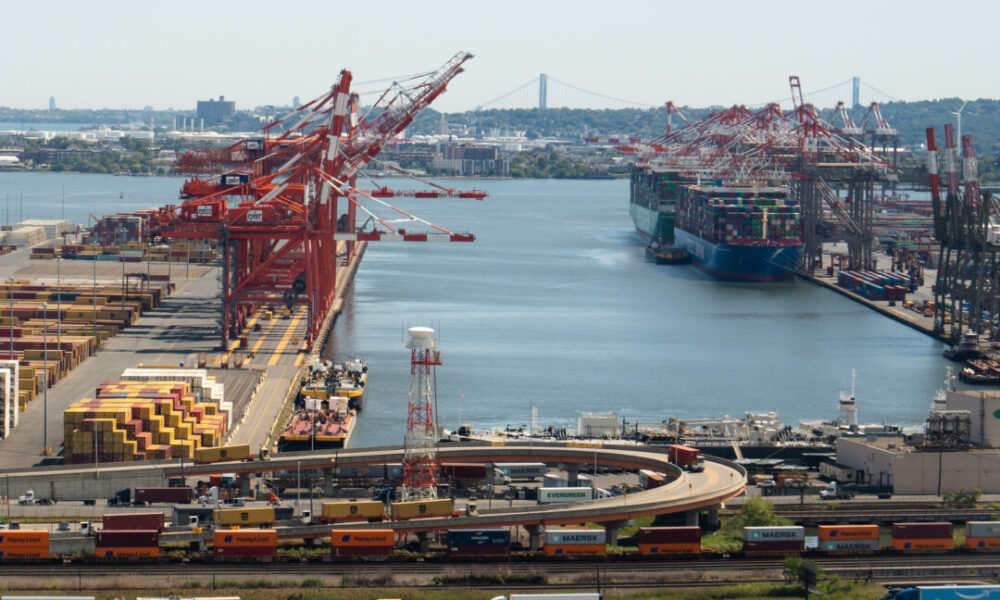UPDATE: In a significant turn of events, the United Nations’ International Maritime Organization (IMO) voted on October 17, 2023, to postpone a crucial decision on a proposed global carbon tax aimed at the shipping industry. This postponement comes amid fierce opposition from the United States and other member states.
The decision to delay the vote on the net-zero framework, which seeks to impose a global fuel standard on large oceangoing vessels, was made after Saudi Arabia introduced a motion to defer the vote for one year. The motion passed with 57 votes in favor and 49 votes against, highlighting the contentious nature of the proposal.
This proposed framework is a pivotal component of global efforts to tackle climate change by targeting greenhouse gas emissions from the shipping sector, with a goal of achieving net-zero emissions by 2050. However, the controversial plan has faced backlash, particularly from the United States, which has voiced concerns over its potential economic implications.
“The implications of this vote are immense for the future of global shipping and climate policy,” said an official from the IMO. “Delaying the decision means we lose valuable time in our fight against climate change.”
The net-zero framework would have mandated compliance from ships exceeding 5,000 gross tonnage, aiming to significantly reduce emissions from one of the world’s largest polluting industries. The urgency surrounding this issue is heightened as global leaders continue to negotiate strategies to meet climate targets ahead of the upcoming climate conference.
With the vote postponed, the shipping industry and environmental advocates must now wait another year for a potential resolution. Observers argue that this delay could undermine global efforts to mitigate climate change effects, particularly as the shipping sector is projected to increase its emissions if no regulatory framework is in place.
This development raises critical questions about the future of international climate agreements and the role of major economies like the United States in shaping these policies. The IMO will reconvene in October 2024 to revisit the proposal, but for now, the path forward remains uncertain.
As discussions continue, stakeholders across the globe will be watching closely. The implications of this delay could resonate far beyond the shipping industry, impacting international climate strategies and economic policies worldwide.
Stay tuned for updates as this story develops.






